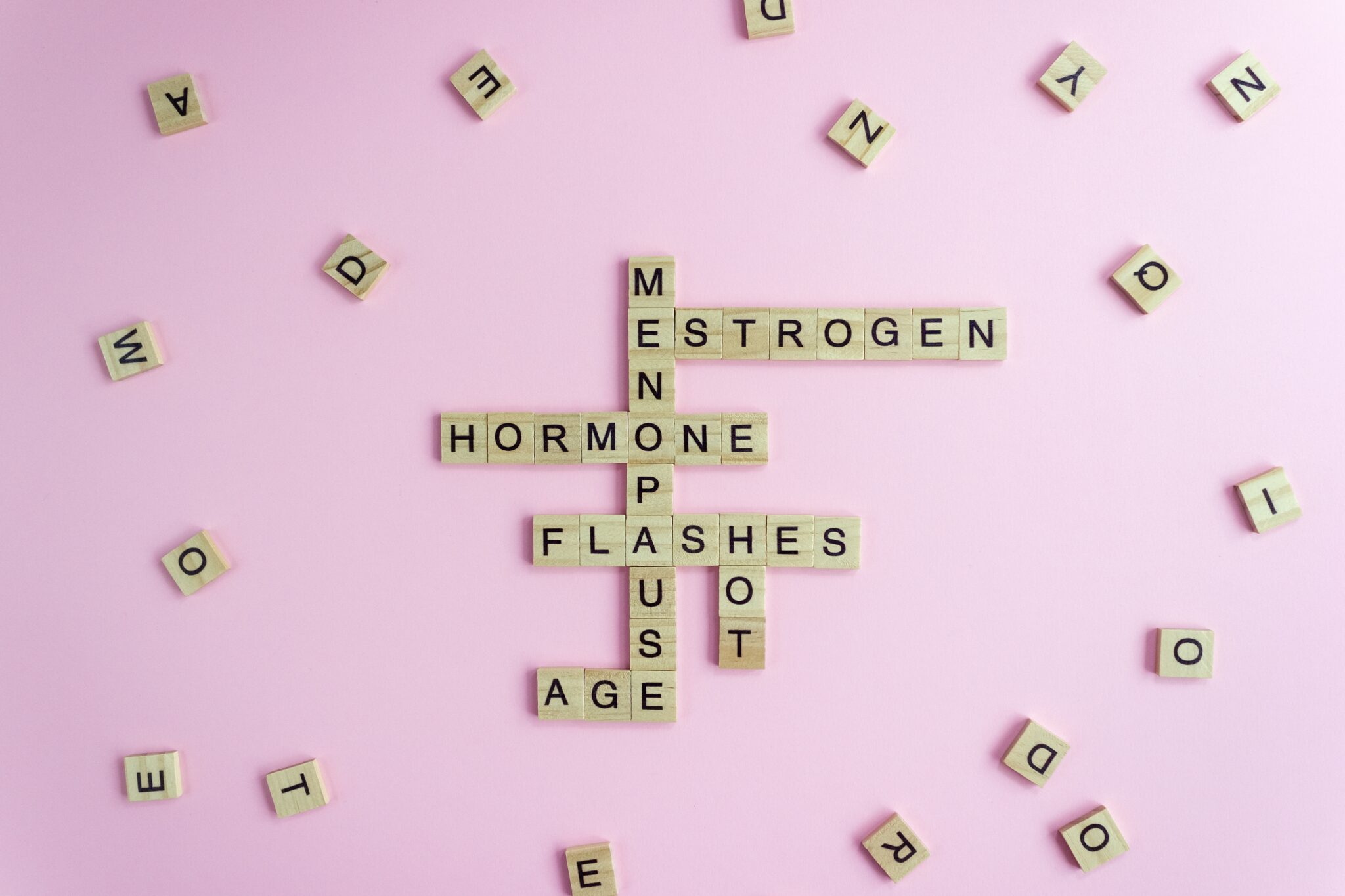The overall goal of the large-scale Women’s Health Initiative (WHI), initiated in 1991, was to look at the effects of hormone replacement therapy on the prevention of heart disease, cancers (breast, colon, ovarian), and osteoporosis in postmenopausal women. More than 160,000 menopausal women were enrolled in this study conducted by the National Heart, Lung, and Blood Institute, a division of the NIH. There were two main arms of the hormone study: 1) an estrogen plus progestin study of women with a uterus and 2) an estrogen alone study with women without a uterus. The study was stopped prematurely when initial data revealed that postmenopausal women being administered combination (estrogen and progestin) hormone therapy for menopause symptoms had an increased risk of breast cancer and heart disease.
It’s been over two decades since the flawed Women’s Health Initiative (WHI) of 2002 was published and women have been suffering the consequences ever since. The reason why the study is now considered flawed is due to several factors: the hormone therapy used was a synthetic combination of estrogen and progesterone, many of the participants were over age 60, were experiencing health issues, and should not have been enrolled in the first place, and the medications studied were not the correct ones to answer the basic question of hormone replacement effectiveness.

The more we learn, the more we realize that there is much more to this story. All the answers are not yet in, but further evidence is now compelling healthcare providers to reassess the original 2002 recommendations to “stay off of HRT.” Many women are now questioning if they have been misled by this ‘landmark’ study and if it is too late to catch up. What evidence has emerged since then? And what can we do about it now?
The 2002 WHI publication was touted as a ‘landmark’ study. It grabbed instant media attention and captured headlines before most physicians could absorb, discuss, and analyze the implications and nuances. The spontaneous result was a contagious, knee-jerk reaction by the average healthcare provider and an immediate alteration in hormone replacement therapy prescription guidelines for hundreds of thousands, if not millions, of menopausal women. Most patients were advised to stop their hormone therapy immediately, and subsequent hot flashes, withdrawal symptoms, and lasting fear of hormone therapy ensued throughout the general public.
The WHI was originally designed to answer the question of whether taking HRT could prevent heart disease and provide other health benefits. The ‘conclusions’ of the study were alarming because HRT was found to potentially increase the risk of heart disease and was believed to cause more harm than good. A guiding principle in medical practice, and ethics, is to “do no harm” and the “benefits of a recommended therapy or treatment should outweigh the risks.” The initial interpretation was that hormone replacement for most women was not accomplishing these goals. Doctors were being advised that they should only prescribe the lowest dose of estrogen, for the shortest period of time, to control hot flashes. And this is still, for the most part, an ongoing belief.
We are now in 2023 and these same beliefs have persisted due to the flawed conclusions of the WHI study. The summary is that the wrong treatment plan combined with the wrong patient population was extrapolated to much larger populations. This resulted in withholding effective therapies from women who could benefit from short-term, as well as longer-term treatment. As a consequence, more women are being denied effective therapy that could help prevent osteoporosis, heart disease, brain health, and more.
It was not publicized that there were benefits and rewards with some of the findings: for some women, the hormone therapy reduced the risk of colon cancer and estrogen therapy alone reduced the risk of ovarian cancer.
The most important lesson is that the treatment of women entering perimenopause and menopause should absolutely be considered on an individual, personalized basis. The ‘assignment’ of just one type of hormone therapy to large groups of women with varying health backgrounds, family histories, symptoms, and potential risks is both naive and disrespectful.

It is now appreciated that, for most women without underlying risks, estrogen taken at the onset of menopause can decrease the chance of heart attacks and offer protection against osteoporosis and other health issues. Brain health is also a big concern, and many women experience brain fog starting in the perimenopausal years (5 years before the onset of menopause) when estrogen levels are fluctuating. Often, starting some form of hormone supplementation can alleviate sleep disturbances as well as menopause-related brain fog and anxiety. Brain fog, although not an official medical diagnosis, can arise from a variety of factors, including stress or sleep deprivation, and can also be due to changing hormone levels. Clinical studies have shown that REM sleep, or dream sleep, is crucial for the restorative rest that we all require. Menopausal women who experience hot flashes, as well as those who do not even notice hot flashes at night, have been shown to have altered REM sleep which can also result in fatigue, depression, brain fog, metabolic issues, diabetes, and overall weight gain.
Perimenopausal and menopausal mental health issues including mood disturbances, anxiety, and depression are significant health concerns. In the 1950’s this issue was addressed by (mainly male) physicians prescribing “Mother’s little helper pills” known as Librium, a common anxiety treatment and tranquilizer that resulted in more fatigue and depression for hundreds of thousands of women.
Many women are missing the window to receive the maximum benefit of hormone supplementation due to fear and lack of knowledge. This lack of understanding is the true harm caused by the bombshell ‘revelations’ of the WHI study.
My recommendation is for all women of a certain perimenopausal or menopausal age (starting as early as 40 to 45 years) to request a respectful and thoughtful sit-down discussion with a trusted healthcare provider. The individual and personalized strategy of potential hormone supplementation should be addressed early on for maximum health benefits and preventive, proactive care.












